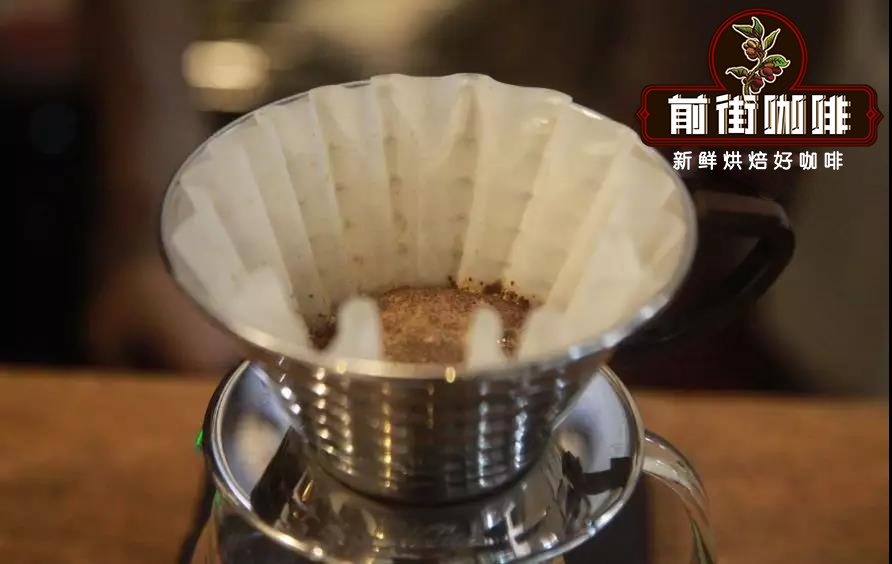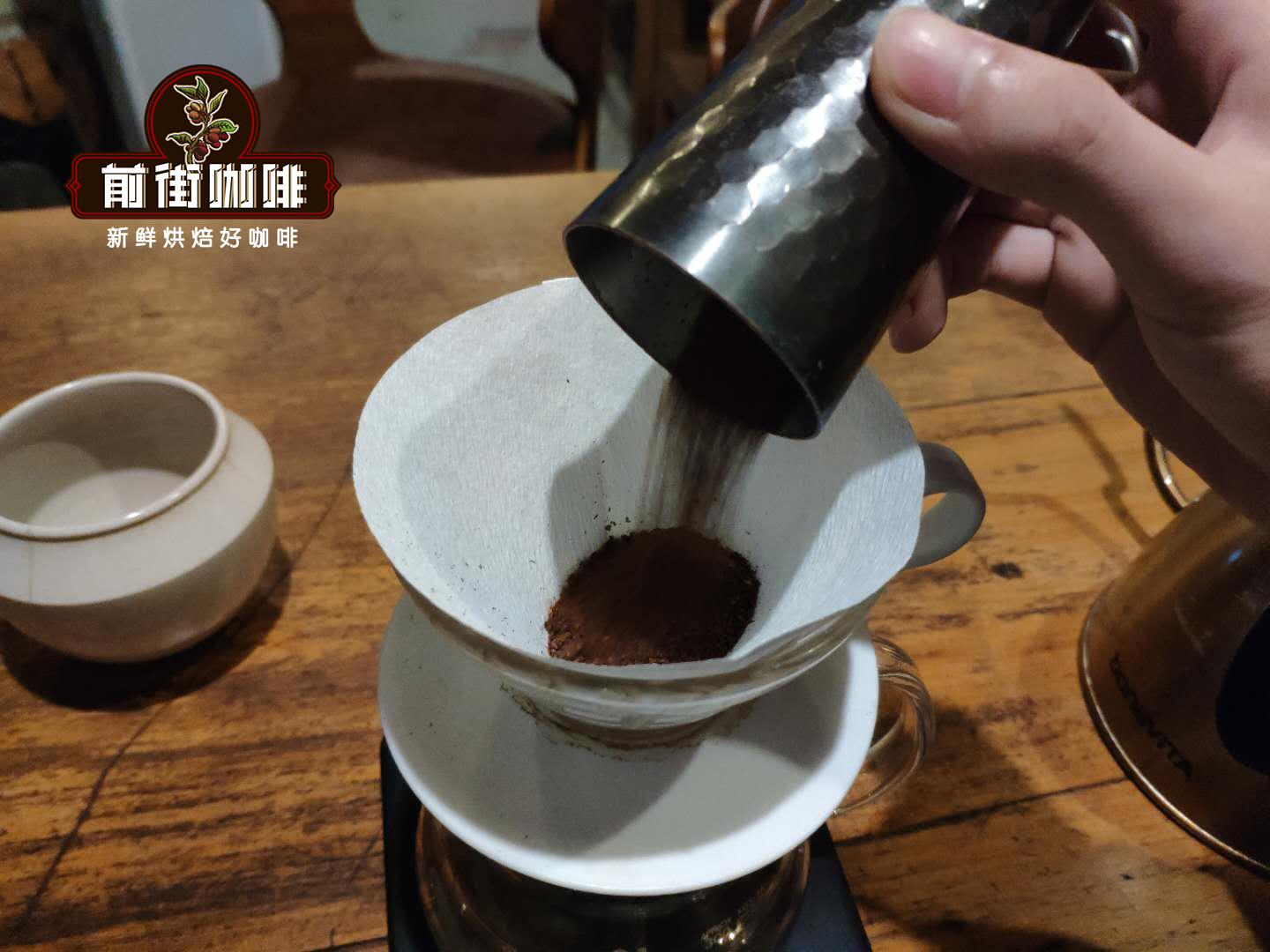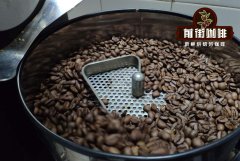Will the epidemic affect the price of coffee in 2020? what is the difference in the packaging and transportation of coffee in the new season?

The Covid-19 pandemic has affected the entire coffee supply chain. Coffee shops around the world had to close, bakers began to focus on online sales and subscription programs, and consumers drank more coffee at home than ever before.
However, for some people in the coffee industry, the main logistical problem is the transportation of raw coffee. Delays in farms and ports have become a huge concern for global producers, buyers and roasters.
Coffee is a product that needs to be delivered quickly. Delays of days, weeks or even months, especially for specialty coffee, can adversely affect coffee quality and lead to unforeseen problems. This, in turn, has a huge impact on everyone in the supply chain.
In order to learn more about some of the problems facing producers and to find the best way to maintain the quality of coffee in these uncertain times, I talked to two award-winning coffee producers.
Raw coffee based on quality packaging
Manufacturers pack and transport raw coffee according to the quality of coffee beans and the quantity shipped. Although no coffee can "resist" the decline in quality during transportation, special and higher-quality coffee will suffer greater losses because they actually lose more quality. If stored and transported incorrectly, high-quality micro-batch specialty raw coffee that has been carefully planted and processed faces the greatest risk.
Arturo Aguirre is the owner of Finca El Injerto in Guatemala, which produces some of the country's finest coffee. In the past 20 years, Finca El Injerto Coffee has won eight consecutive top awards in Guatemala and has won several other global coffee awards.
Arturo told me that after drying his raw coffee, he stored his beans in super-sealed GrainPro cocoons. He says sitting raw coffee in the same way throughout the farm helps to homogenize batches. GrainPro cocoons maintain the quality of raw coffee by protecting it from adverse weather conditions, direct sunlight and mold.
He added: "after storing the coffee in the cocoon, we dry it and grind it and store all the coffee beans in GrainPro bags for transportation."
Wilford Lamastus is the owner of Lamastus Family Estates in Panama and a fourth-generation coffee producer. In the past 20 years, coffee from Lamastus Family Estates has won a series of quality awards.
Wilford and his family helped popularize the geisha breed on the global coffee stage. Their geisha broke world records for coffee prices in 2018 ($803 per pound) and 2019 ($1029 per pound).
Wilford told me that most of his works follow a similar process. When dry, his team packed the raw coffee in a sealed plastic bag and put it in a larger separate tank. But Wilford added that for Art ish Coffee, he separated it and placed it in an air-conditioned room to rest.

What happened during the pandemic?
Coffee-producing countries around the world have suffered because of transport problems caused by Covid-19, according to a report released by ICO in May.
In Brazil, there are widespread transport delays, while in Indonesia, there is a shortage of containers. In Kenya, some shipping companies have been completely cancelled, while Vietnam has closed ports.
Although this is devastating for coffee producers and traders, the actual process of transporting coffee remains the same. The problem, however, is how much time raw coffee now spends at each stage of transportation. When coffee is delayed, its quality decreases; coupled with increased transport time, the lack of available container space and social alienation measures make transport more difficult.
An article published by Nasdaq in October pointed out that "by August 2020, Brazil will have nearly 80000 cases of imbalance." This means that 251000 cases of green coffee left the country that month, but only 172000 cases arrived. For reference, in January, before the widespread impact of the Covid-19 pandemic, 216000 cases arrived, leaving 201000 cases.
This is because Brazil's global shipping companies have booked capacity weeks in advance. According to the article, "businessmen say it is not feasible to export Brazilian coffee for immediate transportation", and transportation costs are higher than before the pandemic.
Although the problem is most obvious in Brazil, it is a sign of longer delays in the global coffee industry.
"Unfortunately, we had the biggest harvest [during the pandemic]," Arturo said. This means that we need to keep the coffee longer, which covers the rainy season in Guatemala. "
How do these delays affect raw coffee?
The two main risk factors affecting the quality of raw coffee in storage are humidity and temperature.
Humidity
If producers choose low-quality or high-permeability coffee packaging, the moisture in the external environment can easily lead to the accumulation of water in raw beans, thus damaging or reducing its quality.
Unexpectedly high moisture content can lead to logistics problems in the roaster (for example, coffee with a moisture content of 13% to 15% requires different roasting characteristics from coffee with a moisture content of 10% to 12%). They can also cause mold.
Arturo said that high humidity poses a "huge risk" and could "destroy the coffee", which means producers "cannot sell it at a high price". This means that although they have made a lot of efforts and money to grow crops, producers have lost their possible income. Fundamentally, this reduces the financial security of the farm.
The use of sealable coffee packaging, such as GrainPro Bags, will enable producers to minimize the threat of increased moisture in raw coffee. If the packaging is correct, these bags will help solve these problems, even if the entire shipment is delayed or "waiting" for a long time at the port.

Temperature
However, Wilford told me that the biggest risk of these delays is not necessarily exposure to too much moisture, but the temperature rise or instability of the coffee.
Sealed plastic bags are the best way to maintain proper moisture content, but they do not help to resist high temperatures, he said. "if you put coffee in an airtight bag with a temperature of 35 °C, the quality of the bag (except for maintaining water content) does not help the quality," he said. "
Arturo agrees: "this is really bad. For example, even if you are using a GrainPro bag, these high temperatures can affect the [quality] of coffee. "
How to prevent the decline of coffee quality in the process of transportation?
Arturo says using sealed packaging is a great way to preserve and maintain the quality of raw coffee. "it protects and protects coffee from humidity," he said. " "this allows legumes to live longer because they can breathe, but the humidity can be controlled."
He said he packed about 85 per cent of his products in super-sealed GrainPro bags.
However, to ensure that the quality of coffee is maximized during preservation, Wilford says there are no other alternatives. He told me that he packed his high-quality geisha cars in small vacuum bags in GrainPro tanks for export and then put them in climate-controlled containers.
As long as Covid-19 continues, there will be shipping delays. The worst may be over, but at the time of this writing, the situation has not been resolved. The entire coffee supply chain (including producers, traders, buyers and roasters) will still feel its impact.
Therefore, in order to maintain the quality of the raw coffee they specialize in, it is important that coffee producers pay more attention to transportation, packaging and storage than ever before. This will help them protect coffee from disadvantages and delays.
Important Notice :
前街咖啡 FrontStreet Coffee has moved to new addredd:
FrontStreet Coffee Address: 315,Donghua East Road,GuangZhou
Tel:020 38364473
- Prev

What is the Ethiopian Commodity Exchange? What role does ECX play in Ethiopian Coffee Trade
The Ethiopian Commodity Exchange (ECX) is the national multi-commodity exchange in Ethiopia, through which most of the country's coffee is traded. Since its establishment in 2008, it has been the subject of praise and criticism in the entire coffee industry. Although adjustments have been made to the way ECX operates, the views of the industry as a whole remain uneven. For people outside Ethiopia
- Next

Where does the coffee aroma come from? How does coffee taste sweet and sour?
Roasting is one of the most attractive aspects of the coffee industry. Green coffee beans have almost no flavor at all, taste will have a rather unpleasant vegetable flavor, but after roasting, it will transform into an incredibly aromatic and complex coffee beans. The smell of freshly roasted coffee beans is refreshing and delicious. Fast or slow? Shallow or deep? jianyan
Related
- Beginners will see the "Coffee pull flower" guide!
- What is the difference between ice blog purified milk and ordinary milk coffee?
- Why is the Philippines the largest producer of crops in Liberia?
- For coffee extraction, should the fine powder be retained?
- How does extracted espresso fill pressed powder? How much strength does it take to press the powder?
- How to make jasmine cold extract coffee? Is the jasmine + latte good?
- Will this little toy really make the coffee taste better? How does Lily Drip affect coffee extraction?
- Will the action of slapping the filter cup also affect coffee extraction?
- What's the difference between powder-to-water ratio and powder-to-liquid ratio?
- What is the Ethiopian local species? What does it have to do with Heirloom native species?

